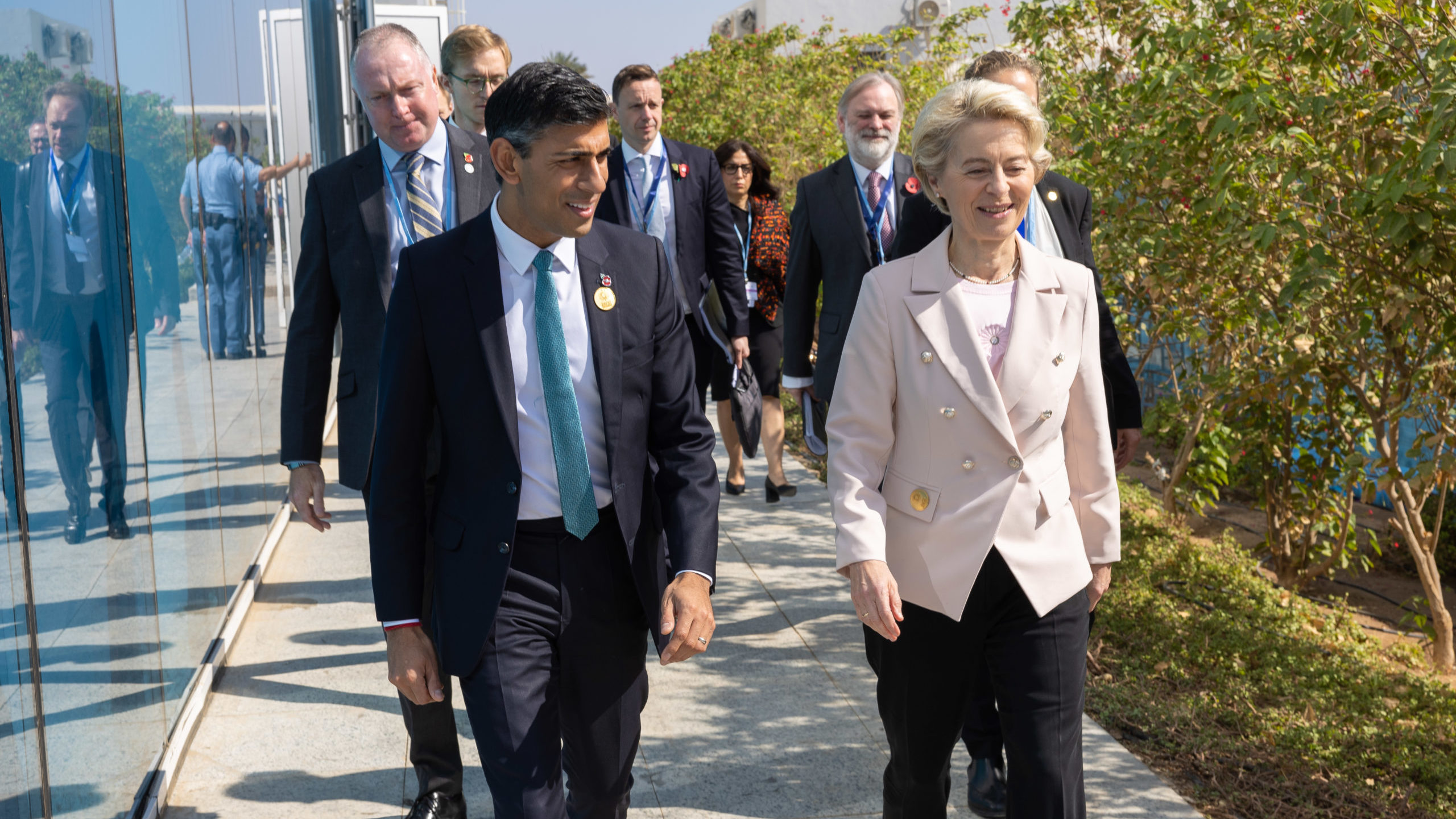How can I know this with such confidence? Let’s look at what he did as chancellor.
Surely the most glaring hole in any Sunak claim to environmental responsibility is his consistent failure to address surface transport emissions, the UK’s largest source of domestic greenhouse gases.
Even though the Climate Change Committee is clear that, by 2050, every motor vehicle needs to be zero emission at the tailpipe and the number of miles driven needs to fall by around 17 per cent – some 58 billion miles on 2019 mileage – Sunak used the Treasury to take us in the opposite direction. By allocating £27billion to road-building, he effectively signed-off 4,000 miles of new roads.
Sunak also continually delivered real-terms cuts in fuel duty, making it cheaper to drive in a country where almost 70 per cent of one- to five-mile journeys are driven but overwhelmingly could and should be taken on foot, by bike, or via public transport.
He did this despite evidence in 2018 showing the previous eight years of fuel duty cuts had increased car trips in the UK by 10 per cent and the overall miles driven by over 13 billion.
On wider energy system decarbonisation, Sunak the chancellor proved just as disappointing. Unless you’re in the oil business.
Advertising helps fund Big Issue’s mission to end poverty
As chief secretary of the Treasury and then as chancellor, Sunak not only presided over a situation in which Shell and BP paid no corporation tax or production levies on North Sea oil operations, but also handed them tax relief of nearly £400m. During the same period, the two fossil fuel giants – whose combined emissions are more than 1.7bn tonnes of greenhouse gases a year – paid shareholders £44bn.
Sunak even managed to sneak through a 90 per cent reduction in the much-vaunted 25 per cent windfall tax he reluctantly applied to energy giants in one of his last acts as chancellor, provided they reinvested their profits in expanding energy supply, further tightening the grip of the fossil fuel industry on our energy system.
All this was done in the in the name of ‘the energy crisis’ – the very same one that could have been significantly mitigated against through proper home insulation. Whatever his other deficiencies, Boris Johnson did at least attempt to prioritise low-carbon thermal efficiency in his Energy Strategy. Until, that is, Sunak intervened.
Maybe it’s a sign of how far to the right Truss’s almost comically villainous premiership shifted the Overton Window, but when Sunak appeared to have recanted on his previous decision to block home insulation it was almost cause for celebration. As ever, the devil is in the detail. Sunak will only green light investment in domestic thermal efficiency on the basis funding should be diverted from public sector decarbonisation and measures such as heat pumps.
If Truss, her acolytes, and their fossil fuel-funded influencers at 55 Tufton Street were openly hostile to attempts to address looming environmental catastrophe, the new PM clearly doesn’t intend to fall into that trap. No – fresh faced and full of the inexplicable overconfidence of the billionaire class of whom he and his family are firmly a part – Sunak will say all the right things; hence his “screeching” U-turn on attending the COP27 international climate conference.
Get the latest news and insight into how the Big Issue magazine is made by signing up for the Inside Big Issue newsletter
Advertising helps fund Big Issue’s mission to end poverty
Given that Truss’s environmental hostility was capable of shaking sleepy environmental charities and twinkly eyed pensioners out of their hitherto crusty torpor, I am inclined to think her administration inadvertently achieved more for the cause of environmentalism than an entire art gallery covered in soup.
The greater risk may prove to be the false belief cultivated in the media that now ‘the sensible people are back in charge’ the environmental threat posed by the government has abated. As Sunak’s record shows, nothing could be further from the truth.
While his main opponent, Keir Starmer, flies from London to Edinburgh to promote the ruinous aviation industry, pledges to incarcerate environmental protesters and has potential future environment secretary Ed Miliband campaigning to keep dying regional airports open, there will be little pressure on Sunak. And perhaps nothing better illustrates how small a challenge Sunak expects from Labour on this than his decision to demote his climate minister from his cabinet.
In The Economic Consequences of the Peace John Maynard Keynes exclaimed “in England the outward aspect of life does not yet teach us to feel or realise in the least that an age is over” as he despaired at political spite, incompetence, and vanity that led directly to the horrors of the Second World War. Now, as then, our politicians lumber, through a combination of denial and delusion, towards catastrophe of a different kind.
I may not have the foresight of Keynes, but one thing I am certain of is that is that if Sunak remains true to form, we can expect many more desperate grandparents blocking roads and terrified teenagers gluing themselves to paintings at the National Gallery. As UN Secretary-General António Guterres recently put it: “Our world cannot afford any more greenwashing, fake movers, or late movers.”
Jon Burke works with cities to help them meet the decarbonisation and environmental aspirations set out in their climate emergency declarations. He tweets about getting to net zero @jonburkeUK.
Advertising helps fund Big Issue’s mission to end poverty









